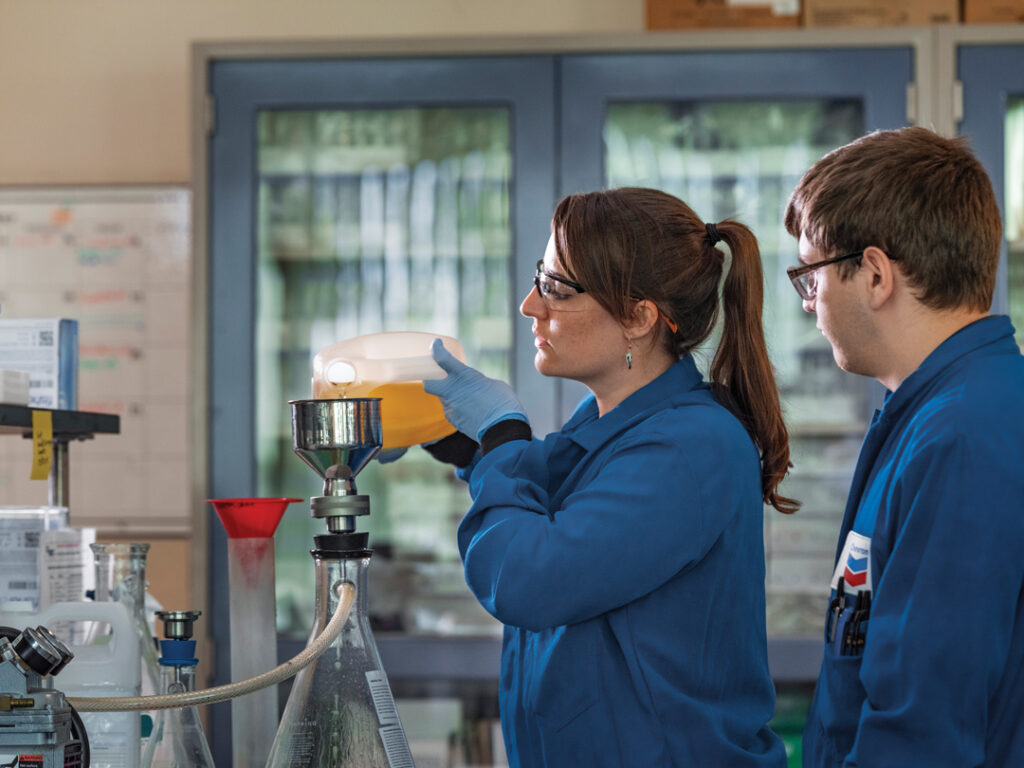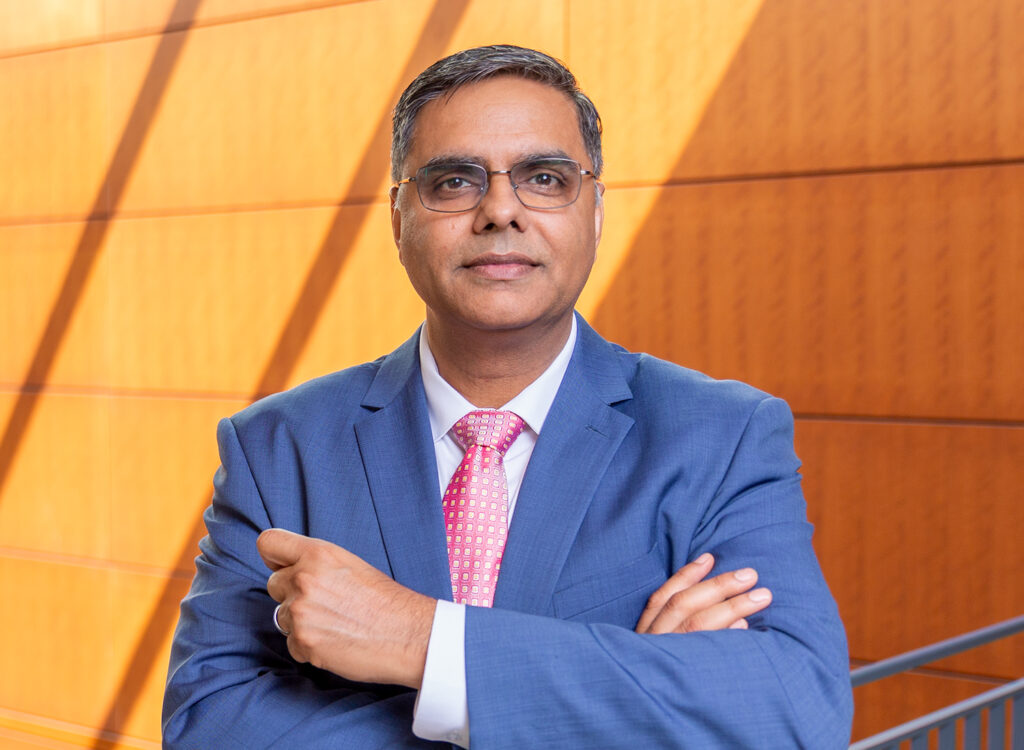Insta-Pro CEO: Steel tariffs have made company less competitive globally

JOE GARDYASZ Aug 10, 2018 | 2:03 pm
4 min read time
981 wordsAll Latest News, Business Record Insider, Government Policy and Law, ManufacturingAfter a decade of double-digit growth as a stand-alone company, Insta-Pro International recently moved its entire operation into a 63,000-square-foot leased headquarters space in Grimes. The newly built facility at 2100 S.E. Gateway Drive provides more than twice the assembly and research/development space of its previous 22,500-square-foot location in Urbandale. It also enabled the company to bring its 33 Iowa employees, who had been scattered across several buildings in Urbandale and Grimes, back under one roof.
Insta-Pro, which has been in business since 1969, filled a market gap for soybean farmers with the invention of the high shear dry extruder. That patented technology formed the basis for Insta-Pro’s global growth; the company now has customers in more than 100 countries.
In an interview last week, Insta-Pro International CEO Kevin Kacere said the equipment manufacturer has had to raise its equipment prices due to U.S. steel tariffs, and said his company would rather be able to compete in open markets than face a continuing trade war.
This afternoon, the company’s staff and board members will be joined by Greater Des Moines business leaders at a ribbon-cutting ceremony with U.S. Sen. Joni Ernst, Grimes Mayor Scott Mikkelson, Greater Des Moines Partnership Executive Vice President David Maahs and other business leaders.
Kacere joined the company 10 years ago when a private investor group purchased the global agricultural machinery maker. Earlier in his career, he was vice president and general manager of the Amana business unit for Maytag Corp. in Newton. In June, he was appointed to the President’s Advisory Council on Doing Business with Africa, and he recently traveled to several African nations as part of the 22-member council.
How would you characterize the past 10 years at Insta-Pro?
I would say it has been a roller-coaster ride. When we first bought the company, we went right into the recession period, and that was not the best time to buy a capital goods company when everybody was trying to cut back on capital expenditures and banks weren’t loaning. As the global recession faded and people started to spend money and banks started to loan, then it’s been a little more pleasant ride. We’ve steadily grown year-over-year, and that’s driven the need for more facilities, better facilities.
What’s the competitive environment in your market niche?
In mechanical processing, the space that we’re in, there are a lot of players. There are many copies of our extruder that we run into in the industry; there are players in the U.S. but we find even more competition internationally. And it may not just be extrusion technology, but other comparable technologies that attempt to do the same thing. Our approach to competing in that environment is to never stop innovating in our technology transfer to our customers. There are players out there that have a copy of our extruder, for instance. But they cannot touch our know-how and technology transfer ability to have success in the marketplace.
What challenges does increasing nationalism in the U.S. and internationally present?
We certainly want open markets — let us compete. We have to go up against competitors that may be 20 or 30 percent [lower] than our prices, but we’ll compete with U.S.-manufactured technology. We definitely favor open markets. … Sometimes governments do things for different reasons. For example, Russia was one of our stronger markets. With the sanctions and oil prices going down … our business contracted significantly in Russia. That’s why we diversified to other regions, to offset some of that. Overall, we want to have markets opened up to us, bring down duties and tariffs and let us go out and compete. Doing so, we’ll win our fair share.
Are you concerned that a tariff war will lead to higher production costs?
Certainly the tariff issue has been in the news quite a bit. For us as a company, the most direct negative impact for us has been in regard to steel. We have committed to being a U.S. manufacturer, and we believe that it’s a competitive strength for us internationally. But we have seen significant cost increases in our cost of input for steel to build our equipment. That has forced us to do price increases in the marketplace, and with two-thirds of our business international, that makes us less competitive. The choice of strategies for steel tariffs has definitely been a negative impact on our company in a very direct way.
Do you anticipate a shift in strategy if there’s a prolonged trade war?
My hope is that eventually we’ll find other ways to deal with these issues than the tariffs. That has been my counsel as part of the [council], is to encourage our government to look at other ways to deal with these issues. For us as a company, we are very much a U.S. manufacturer; we are not going to go overseas to try to lower our costs in our primary manufacturing. Most of our manufacturing support vendors are Iowa-based, and we’re proud of that. We will try to continue to deal with these tariffs in the short term, through a combination of cost controls and pricing action. But in the long term, to further our competitiveness, we would certainly like to see those tariffs phased out.
Overall, what’s one of the biggest challenges the company faces?
Even though we have a robust pipeline of opportunities, we continually are challenged by helping people get the projects financed, because they tend to be startups or new ventures. So whereas the opportunities look great, the reality is it’s not easy all the time. That’s the reason we look for other ways to support the customer, whether it’s linking with people in the financial industry, or finding financial solutions through government or private groups. We’re networking together to find novel and unique solutions.
To read this week’s Business Record article about Insta-Pro’s new Grimes facility, click here.









